| Name | Antivirus Blocking Rules |
| Type | PC Vulnerability |
| Short Description | Designed to block PC security and allow computers to be infected. |
| Symptoms | Antivirus malfunctioning plus examining most malware and non-malware threats’ behavior. |
| Distribution Method | Via spam mails, browser redirects, PUPs, other. |
| Detection tool | Download SpyHunter, to See If Your System Has Been Affected By Antivirus Blocking Rules |
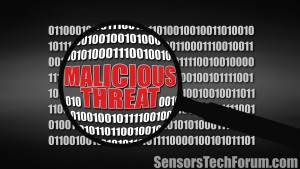 Antivirus Blocking Rules is used by many threats with the sole purpose to bypass cyber security in computers -anti-malware, antivirus, firewalls. Antivirus Blocking Rules may be quite damaging because very dangerous threats employ them without any restriction what so ever. A lot of unwanted programs otherwise known as PUPs use these Antivirus Blocking Rules to evade detection from anti-malware programs which detect potential threats to computers. These type of practices are also widely used by rogue antivirus programs that perform various risky activities within user PCs. Also, fake antivirus programs display fake virus detection messages to con victims into buying full versions.
Antivirus Blocking Rules is used by many threats with the sole purpose to bypass cyber security in computers -anti-malware, antivirus, firewalls. Antivirus Blocking Rules may be quite damaging because very dangerous threats employ them without any restriction what so ever. A lot of unwanted programs otherwise known as PUPs use these Antivirus Blocking Rules to evade detection from anti-malware programs which detect potential threats to computers. These type of practices are also widely used by rogue antivirus programs that perform various risky activities within user PCs. Also, fake antivirus programs display fake virus detection messages to con victims into buying full versions.
Antivirus Blocking Rules – How Does It Work?
This particular threat to user PC directly attacks the AV program. Depending on the Antivirus Blocking Rules infection, the scope of PC modification varies. Sometimes it may only disable some substantial malware protection features to push PUPs into staying undetected for longer times. But in some cases it may lock out the user from his antivirus program. Also, they may stop OS updates and any other security patches to make the environment around it even more insecure for the user, by altering the PC`s Host file. Another malicious action it may take besides blocking windows security threat-dealing features is preventing anti-malware programs as well.
Symptoms of having an Antivirus Blocking Rules infection include malfunction of your AV or its complete stopping. Also, Antivirus Blocking Rules may display a pop-up message saying that there is an error when you attempt to open your AV program. It is highly likely that some infections associated with Antivirus Blocking Rules use them to prevent antivirus software that may detect them from starting.
Also, Antivirus Blocking Rules infections may modify various Windows settings by creating custom .dll files in the %appdata% directory as well. More so they may create registry keys and values in the Windows Registry Editor. This is most often done to either make itself harder to remove from the computer or to change different settings in the affected computer corresponding to its interests.
Cyber-criminals have gotten very smart when it comes to conducting their scams online. They continuously design new methods of infection and new schemes to generate profits at your average user’s expense.
Removing Antivirus Blocking Rules
To get rid of these type of infections, the user should take several protection actions as fast as possible:
- Isolate the threat by immediately disconnecting from the Internet.
- Boot your PC in safe mode so that only the essential programs for Windows can run on the machine.
- Download a powerful anti-malware program in an offline installer on a non-infected computer and install it on the infected one. A simple scan should remove anything out of the ordinary on the machine.
- Use a live Operating System CD/USB boot. This ensures that you use a fresh copy of Windows or other OSs to scan and clean your system.
- Installing a registry clean-up tool. Such tools are crucial for the Windows Registry Editor because they assist in removing any unnecessary registry entries and restore the settings on the computer to the previous ones that worked.
- Protect your files. Make sure you backup your files so that if anything happens, you will be secured. For more information on how to backup your data, check out this video.
For some information on how to boot in safe mode, check out the Step-by-step tutorial below. Security researchers recommend employing a powerful anti-malware program that will actively ensure protection against any threats in the future.

Spy Hunter scanner will only detect the threat. If you want the threat to be automatically removed, you need to purchase the full version of the anti-malware tool.Find Out More About SpyHunter Anti-Malware Tool / How to Uninstall SpyHunter
Preparation before removing Antivirus Blocking Rules.
Before starting the actual removal process, we recommend that you do the following preparation steps.
- Make sure you have these instructions always open and in front of your eyes.
- Do a backup of all of your files, even if they could be damaged. You should back up your data with a cloud backup solution and insure your files against any type of loss, even from the most severe threats.
- Be patient as this could take a while.
- Scan for Malware
- Fix Registries
- Remove Virus Files
Step 1: Scan for Antivirus Blocking Rules with SpyHunter Anti-Malware Tool
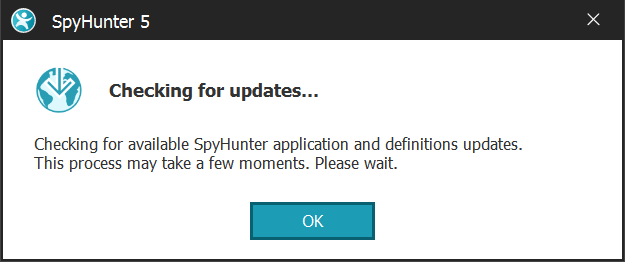
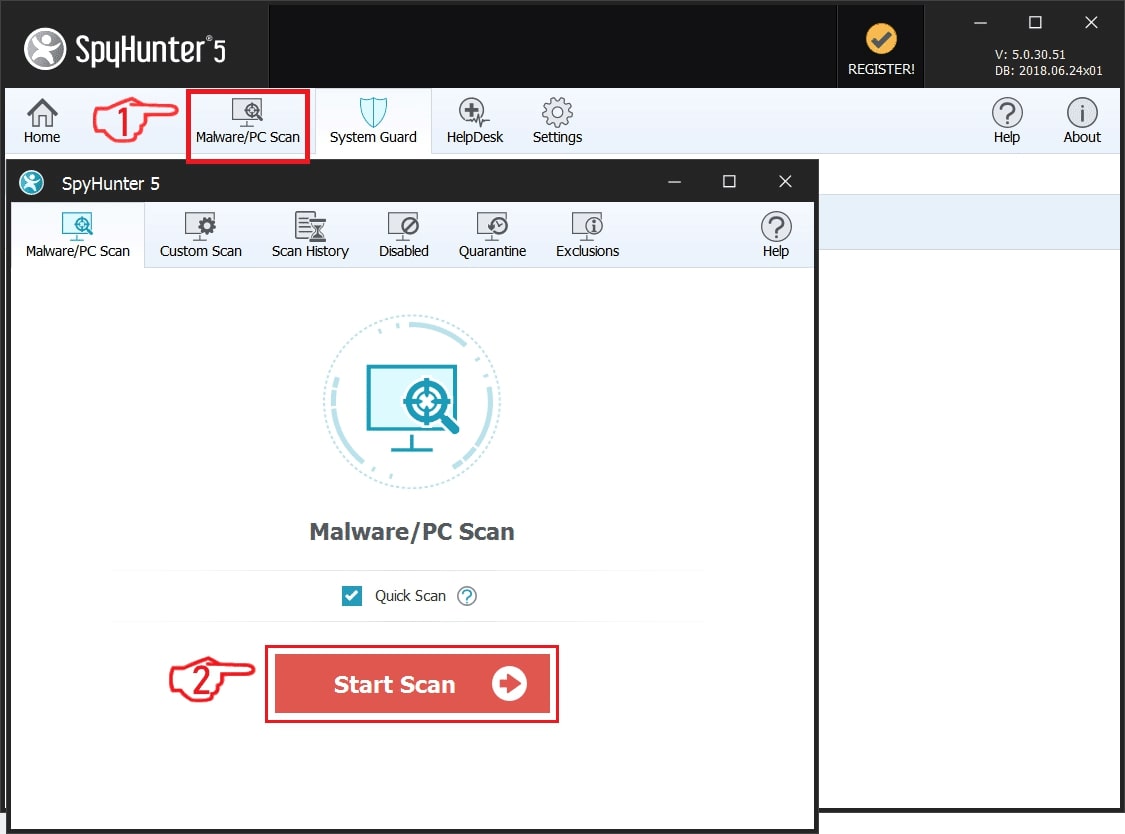
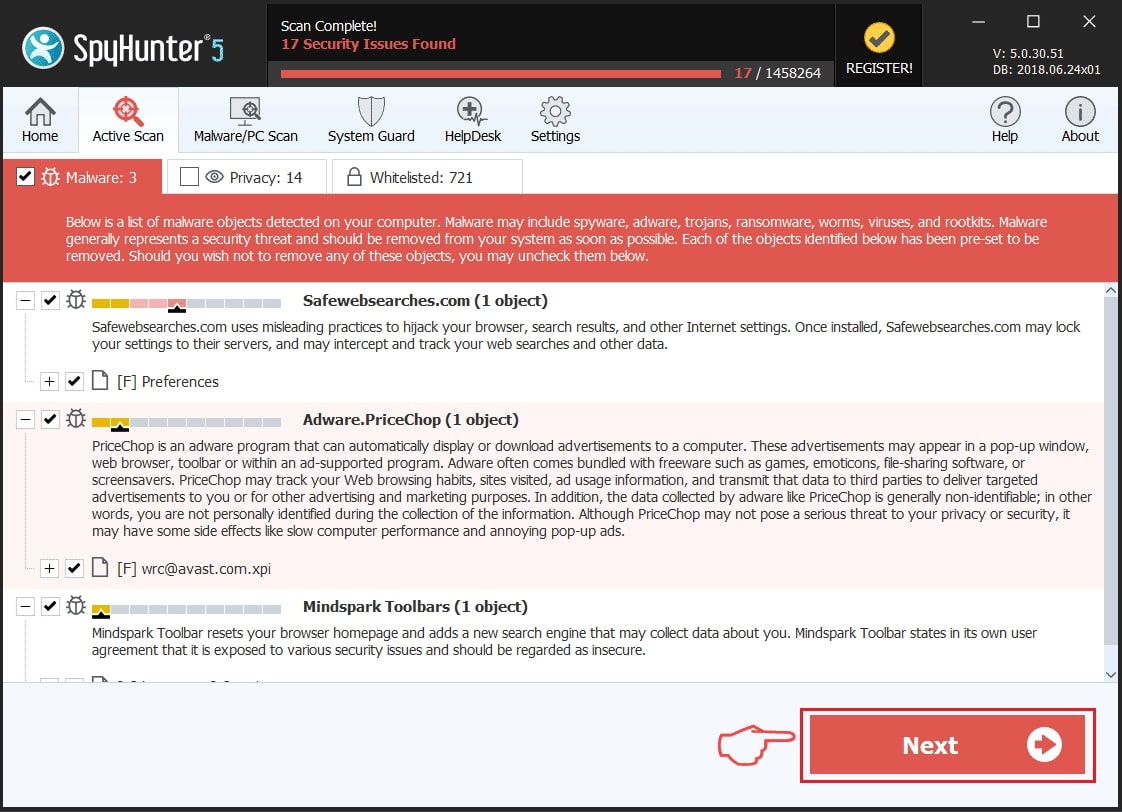
Step 2: Clean any registries, created by Antivirus Blocking Rules on your computer.
The usually targeted registries of Windows machines are the following:
- HKEY_LOCAL_MACHINE\Software\Microsoft\Windows\CurrentVersion\Run
- HKEY_CURRENT_USER\Software\Microsoft\Windows\CurrentVersion\Run
- HKEY_LOCAL_MACHINE\Software\Microsoft\Windows\CurrentVersion\RunOnce
- HKEY_CURRENT_USER\Software\Microsoft\Windows\CurrentVersion\RunOnce
You can access them by opening the Windows registry editor and deleting any values, created by Antivirus Blocking Rules there. This can happen by following the steps underneath:
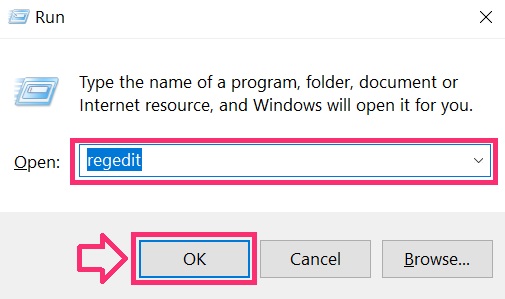

 Tip: To find a virus-created value, you can right-click on it and click "Modify" to see which file it is set to run. If this is the virus file location, remove the value.
Tip: To find a virus-created value, you can right-click on it and click "Modify" to see which file it is set to run. If this is the virus file location, remove the value.Step 3: Find virus files created by Antivirus Blocking Rules on your PC.
1.For Windows 8, 8.1 and 10.
For Newer Windows Operating Systems
1: On your keyboard press + R and write explorer.exe in the Run text box and then click on the Ok button.
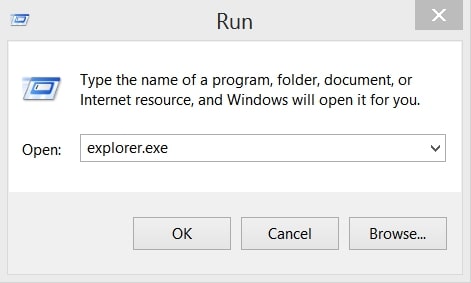
2: Click on your PC from the quick access bar. This is usually an icon with a monitor and its name is either “My Computer”, “My PC” or “This PC” or whatever you have named it.
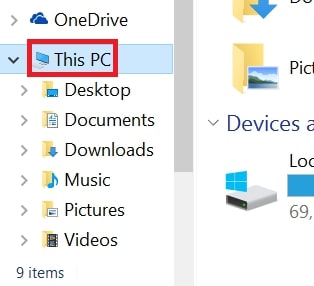
3: Navigate to the search box in the top-right of your PC's screen and type “fileextension:” and after which type the file extension. If you are looking for malicious executables, an example may be "fileextension:exe". After doing that, leave a space and type the file name you believe the malware has created. Here is how it may appear if your file has been found:
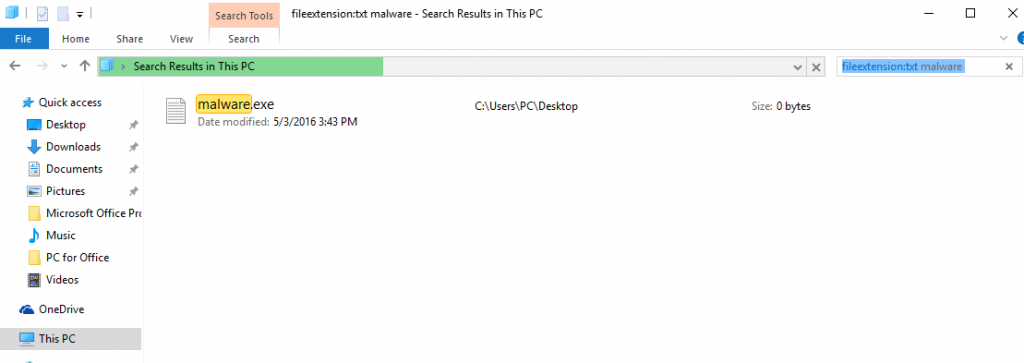
N.B. We recommend to wait for the green loading bar in the navigation box to fill up in case the PC is looking for the file and hasn't found it yet.
2.For Windows XP, Vista, and 7.
For Older Windows Operating Systems
In older Windows OS's the conventional approach should be the effective one:
1: Click on the Start Menu icon (usually on your bottom-left) and then choose the Search preference.
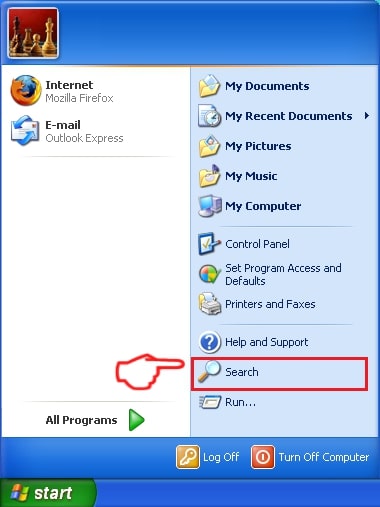
2: After the search window appears, choose More Advanced Options from the search assistant box. Another way is by clicking on All Files and Folders.
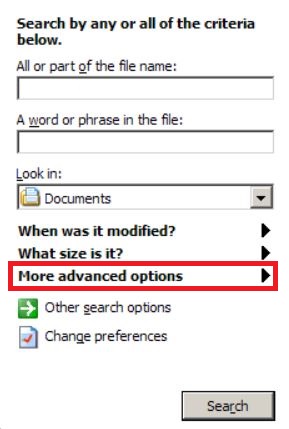
3: After that type the name of the file you are looking for and click on the Search button. This might take some time after which results will appear. If you have found the malicious file, you may copy or open its location by right-clicking on it.
Now you should be able to discover any file on Windows as long as it is on your hard drive and is not concealed via special software.
Antivirus Blocking Rules FAQ
What Does Antivirus Blocking Rules Trojan Do?
The Antivirus Blocking Rules Trojan is a malicious computer program designed to disrupt, damage, or gain unauthorized access to a computer system. It can be used to steal sensitive data, gain control over a system, or launch other malicious activities.
Can Trojans Steal Passwords?
Yes, Trojans, like Antivirus Blocking Rules, can steal passwords. These malicious programs are designed to gain access to a user's computer, spy on victims and steal sensitive information such as banking details and passwords.
Can Antivirus Blocking Rules Trojan Hide Itself?
Yes, it can. A Trojan can use various techniques to mask itself, including rootkits, encryption, and obfuscation, to hide from security scanners and evade detection.
Can a Trojan be Removed by Factory Reset?
Yes, a Trojan can be removed by factory resetting your device. This is because it will restore the device to its original state, eliminating any malicious software that may have been installed. Bear in mind that there are more sophisticated Trojans that leave backdoors and reinfect even after a factory reset.
Can Antivirus Blocking Rules Trojan Infect WiFi?
Yes, it is possible for a Trojan to infect WiFi networks. When a user connects to the infected network, the Trojan can spread to other connected devices and can access sensitive information on the network.
Can Trojans Be Deleted?
Yes, Trojans can be deleted. This is typically done by running a powerful anti-virus or anti-malware program that is designed to detect and remove malicious files. In some cases, manual deletion of the Trojan may also be necessary.
Can Trojans Steal Files?
Yes, Trojans can steal files if they are installed on a computer. This is done by allowing the malware author or user to gain access to the computer and then steal the files stored on it.
Which Anti-Malware Can Remove Trojans?
Anti-malware programs such as SpyHunter are capable of scanning for and removing Trojans from your computer. It is important to keep your anti-malware up to date and regularly scan your system for any malicious software.
Can Trojans Infect USB?
Yes, Trojans can infect USB devices. USB Trojans typically spread through malicious files downloaded from the internet or shared via email, allowing the hacker to gain access to a user's confidential data.
About the Antivirus Blocking Rules Research
The content we publish on SensorsTechForum.com, this Antivirus Blocking Rules how-to removal guide included, is the outcome of extensive research, hard work and our team’s devotion to help you remove the specific trojan problem.
How did we conduct the research on Antivirus Blocking Rules?
Please note that our research is based on an independent investigation. We are in contact with independent security researchers, thanks to which we receive daily updates on the latest malware definitions, including the various types of trojans (backdoor, downloader, infostealer, ransom, etc.)
Furthermore, the research behind the Antivirus Blocking Rules threat is backed with VirusTotal.
To better understand the threat posed by trojans, please refer to the following articles which provide knowledgeable details.

